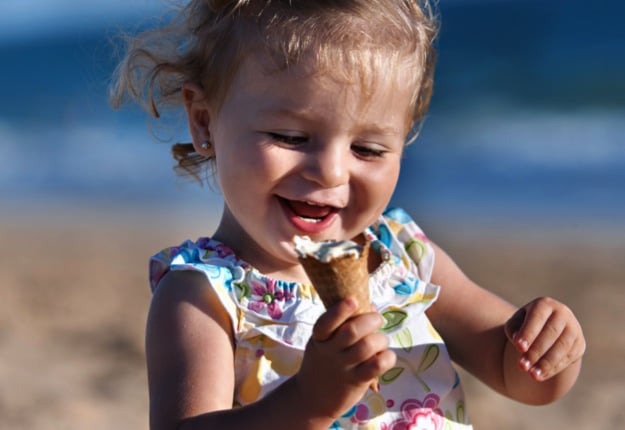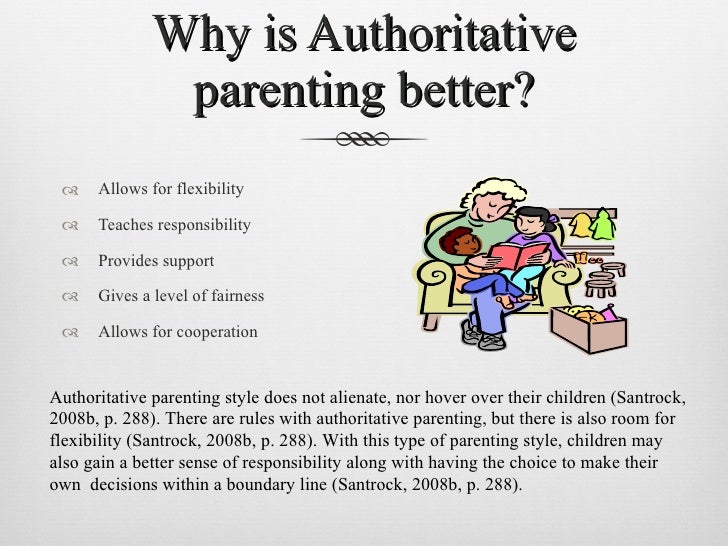
In layman's language, Emotional Sensitivity is a common personality trait that causes some children to feel physical & emotional pain more deeply than others do.
Manifestation of Emotional Sensitivity in a child, can vary in it's forms:
Active expression: Crying, Angry, Jealous, Fight, Tantrum, Appeasement etc.
Passive expression: Withdrawn, Fearful, Resentment, Avoidance etc.At this juncture, let me briefly elaborate the genesis of this blog post:
Couple of weeks back, we had been on a family outing at Freedom Park (Bangalore). The venue was hosting a day long event for children called, 'One With Nature'. During this event, I came across two incidences which left behind a long lasting imprint on my mind.
 |
| Science exhibit |
Probably, the child would have internalized this experience (cheer & laughter) as people mocking on her. Possibly, she became overtly conscious about her self-image (looks) & felt deeply hurt within.
 |
| Experiential learning workshop |
Probably, the child would have internalized this experience (turned back from stage), as rejection. She might have felt publicly humiliated as she was send back in full public glare.
Infact, from my personal experience of being a father, I too have found my son being emotionally sensitive on several instances. Just to narrate a few: becoming over-conscious in social setting; becomes withdrawn when someone (other than his parents) corrects his misbehavior etc.
These observations has kept my mind pre-occupied & concerned for a while now. As our children will grow up through their academic years & gradually step into the real-world, they will constantly face many challenges, hurdles, rejection & set-backs. Hence, our children would need support to gradually overcome their emotional-sensitivity for better self-management in leading a happy, successful life.
These observations has kept my mind pre-occupied & concerned for a while now. As our children will grow up through their academic years & gradually step into the real-world, they will constantly face many challenges, hurdles, rejection & set-backs. Hence, our children would need support to gradually overcome their emotional-sensitivity for better self-management in leading a happy, successful life.
Although children won't outgrow their feelings, they can learn to control their reactions. Let us explore the various parenting strategies, to help our emotionally sensitive child in effective self-management:
1. Rule of Thumb:

- Unconditional Acceptance - of the child's emotional sensitivity (temperament) is the first & foremost step. Don't try to change your child's temperament. Teach your child to cope with difficult situations in a socially appropriate manner, while recognizing the difficulties the child experiences.

- Self-esteem - of the child should always be protected & nurtured. As parents, we should ensure the child feels good & has a healthy picture about themselves.

- Empathy - towards the child should be demonstrated first, irrespective of the issue being trivial or inconsequential. If in the first instance, we brush off the matter the child feels ignored & this makes the matter worse. Though one shouldn't reinforce the crying by only focusing the attention only on the emotions. Gradually move towards guiding the child towards coping skills/problem solving mechanism to overcome the issue they encountered. For example - "I completely understand it must be hurting you a lot....(provide comfort by embracing the child.....after the child's emotions have been validated/understood, the parent can move the attention towards coping skills/problem solving mechanism)....Do you think we should apply an ointment or a bandage?, May be after the medication, you rest for a while so that it heals fast!

- Distraction strategy is also a very powerful tool as it takes away the child's attention into other things. However, the mistake most of us make is in implementing this strategy immediately without displaying empathy. Once the empathy & validating/understanding the emotions are taken care off, distraction strategy works more effectively.

- Authoritative parenting - is regarded as the best parenting approach from the child's development point of view. The authoritative parents establish rules & guidelines that their children are expected to follow, however their parenting style is democratic (they involve their children in discussion & explain them the 'Why' part of the rules). The authoritative parents are responsive to their children & are willing to listen to them. When the children fail to meet the expectations, these parents are more nurturing & forgiving rather than punishing. The authoritative parents are assertive, but not intrusive & restrictive. Their disciplinary methods are supportive, rather than punitive. This kind of parenting approach, ensures healthy self-esteem of the child is maintained & it nurtures the child to develop into socially responsible, self-regulated & a cooperative person, over a period of time.

- Over-protective instincts should be avoided by the parents, as in the long run it robs the child from the opportunity of learning life-skills. The child should be allowed to get exposed to real-life scenarios/out-door activities etc & the parent can still provide the protective shield by displaying their encouragement, support, understanding, love & empathy. This approach, will eventually empower the child & develop their self-confidence.

- Source of inspiration - can be provided to the child, through the world of books, movies, plays, cartoons, newspapers etc. As parents we can expose them to inspiring stories where the protagonist overcomes various challenges to meet their goals. The child will eventually understand that challenges are universal & will be able to draw inspiration from these stories.

- Efforts should be applauded & not just the final outcome. Praise the child's effort, even when he's not successful. Hard work, Perseverance, Incremental Improvements etc should be praised, so that they child recognises the importance of these attributes & is not dejected by failing to achieve the final outcome (especially as the child is emotionally sensitive, they will be more vulnerable to dejection upon failure).

- Compliment the child when they are able to manage their emotions. Praising them at the right time, with specific examples, provides a positive reinforcement.

- Sports, Performing arts, Community services - are off great value, in helping the child in overcoming their emotional sensitivity. Team work, Leadership, Perseverance, Goal orientation & overcoming challenges, Self-expression, Compassion etc are some of the invaluable qualities the child would learn through these engagements.

- Life skills - helps in coping mechanism & in effective self management. As parents, we should impart life-skills in our children in a systematic manner through their formative years. Examples of Life-skills are: Self-awareness, Empathy, Critical thinking, Creative thinking, Decision making, Problem solving, Effective communication, Interpersonal relationship, Coping with stress, Coping with emotions.


Thank You Abhishek. These detailed insights are very useful indeed.Keep writing more.
ReplyDeleteSuch an informative blog! Very well researched! Request permission to share & use in my parenting skill sessions.
ReplyDeleteSurely :)
DeleteThank you so much Abhi. These tips would surely help the parents in doing a better job when it comes to managing our kids during those challenging situations.
ReplyDeleteThank you so much Abhi. These tips would surely help the parents in doing a better job when it comes to managing our kids during those challenging situations.
ReplyDeleteThank you so much for such insights. It would help me greatly in the near future.
ReplyDeleteThank you so much for such insights. It would help me greatly in the near future.
ReplyDeleteThank you Abhishek for this wonderful article. I really appreciate the content and your time.
ReplyDeleteHi Abi, very well thought and simple to understand recommendations.Appreciate your effort in this subject.
ReplyDeleteHi Abi, very well thought and simple to understand recommendations.Appreciate your effort in this subject.
ReplyDeleteVery nice abhi! What a wonderful summary of so much out there! Keep writing and rocking!
ReplyDeleteVery insightful..
ReplyDeleteVery meaningful post Abhi! These tips are very simple but often overlooked... Good work !
ReplyDelete